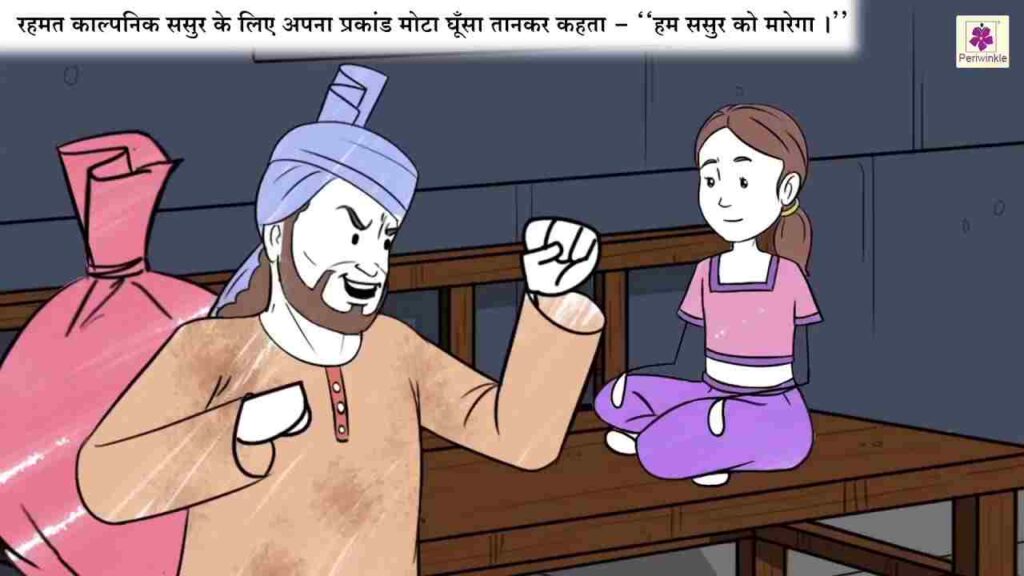
Explore Character sketch of Kabuliwala: Rabindranath Tagore’s Story
Step into the enchanting world of “Character Sketch of Kabuliwala,” where emotions and bonds between strangers transcend cultural barriers. Through the vivid portrayal of a Kabuliwala’s life, Rabindranath Tagore weaves a tale that tugs at our heartstrings and reminds us of the power of compassion and understanding.
Character sketch of Kabuliwala
Rahmat, also referred to as Kabuliwala, was a resident of the busy streets of Kolkata. He was an immigrant from Kabul, Afghanistan, and brought the spirit of his native country with him. Kabuliwala was a tall, worn-out man with stories of his adventurous life written all over his face.
His melancholy, deep eyes revealed a longing for his far-off family. His rough hands bore the scars of his struggles, a reminder of the hardships he had to face to survive in a foreign country. Despite his struggles, he always had a friendly smile on his face and an infectious kindness radiated from him.
The outfit worn by Kabuliwala was amazing to behold. He wore a loose-fitting turban that displayed vibrant patterns and hues in homage to his cultural heritage. His tall frame was covered in a long flowing robe that was silently a reminder of his ancestry and marked with the traces of time. He proudly wore a pendant around his neck bearing a picture of his daughter, the love of his life, whom he longed to see once more.
A satchel containing souvenirs and treasures from his native country swung from Kabuliwala’s shoulder as he moved through the city’s streets. He kept pieces of his past inside of it, tiny pieces he wanted to share with others. He strolled over to the youngsters playing by the side of the road, their innocence mirroring that of his daughter.
His interactions with the children had a magical quality, as if a barrier had been broken down between two worlds. When Kabuliwala presented his treasures to the kids, he would get on his knees, his eyes glistening with love. As he displayed delicate handmade jewellery, flavorful spices, and vibrant scarves, his hands would twirl. As Kabuliwala introduced the exotic allure of Kabul to their ordinary lives, the children’s eyes widened in wonder.
These interactions were essential to Kabuliwala’s soul. The children’s energy filled the void left by his separation from his own daughter, and he found comfort in their laughter. Every interaction served as a poignant reminder of his former relationship with his young daughter. He was able to briefly relive the joys of fatherhood thanks to the children’s purity and innocence.
Kabuliwala’s mysterious exterior concealed a heart that was bursting with love and longing. He was a man who had been uprooted, longing for the security of his native land and the loving embrace of his family. However, he discovered a substitute family in Kolkata in the innocent spirits of the kids he met.
Kabuliwala, the itinerant merchant from Kabul, was more than just a figure of speech; he was a representation of affection, tenacity, and the unbreakable ties that cut across boundaries and cultural barriers. His presence in their lives served as a gentle reminder of the value of human connection and proof that despite the size and diversity of the world, our shared experiences and emotions can bring people together.
Also Read: Write Character sketch of Crocker Harris in The Browning Version Chapter